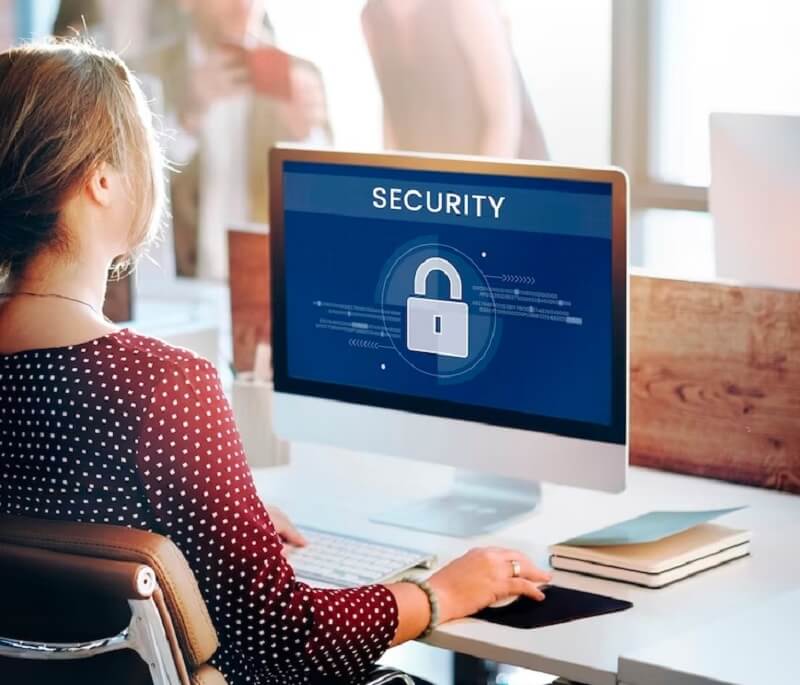Thanks to the rise of social media sites and networks, more people than ever before are now able to share their personal information, unfortunately, this also allows this personal information to be accessed by scammers and others. It’s more challenging than ever before to protect personal information online today. Thankfully, there are a few great ways to help protect his personal information.
Let’s examine some of the top ways to protect personal information:
Choose Strong Passwords
The best way to help protect your online identity is to use a strong password. It’s important to choose a password that isn’t readily easy to crack or decode. Don’t use words or numbers that others can associate with such as first, middle, or even a last name. Don’t use a spouse’s name or a child’s name. Don’t include letters or numbers from your address or phone number. Don’t use business company names if you work for them. Don’t use any identifying letters or numbers. Mix it up and use symbols and passwords that you’re able to remember. You’ll want to do all that you can to avoid online security breaches. It’s also important to not share your password with anyone else. You may have to change your password periodically as well.
Seek Encryption
Before you share any personal information, make sure that you’re on a site that uses encryption. Check for a security lock symbol or an “s” at the end of the HTTP in the URL code or web address box. If you’re on a site that is asking you for personal information, make sure that this lock appears on the right side of the address bar or the left bottom of the browser window. These signal that the site is encrypted. This ensures that no one else can see the information that you’re sharing with website owners. It ensures that your personal information is kept personal and private and that no one else can see your banking info or your credit card info.
Install Security Suites
These are security programs that keep those who are dishonest from infecting your personal computer and stealing your information and data. They can block harmful software such as spyware, phishing scams, viruses, and more. Many of the more popular security suites include McAfee Virus Protection, Norton Antivirus, Ad-Aware Pro Security, and the AVG Internet Security. Make sure that you buy and install such a suite to help ensure that your personal information is kept personal and secure.

Choose Web Browser Blacklisting
Choose an internet browser that allows you to turn on web browser blacklisting. Such web browsers have additional ways to secure your information such as blacklisting. This allows you to choose the criteria for the websites that you’ll be visiting and navigating. You’ll only be able to visit trusted and secure sites with this additional security measure.
Avoid Phishing Scams
Phishing scams are used to obtain personal and private information in order to steal your identity. There are a variety of phishing scams out there so you’ll have to learn by educating yourself on how to recognize such phishing scams. Never open emails that have an attachment if the sender is unknown. Never click on links that aren’t secure especially if they’re from strange email accounts. Also, never answer unfamiliar job opportunities, or anyone that offers money (if it seems too good to be true, it probably is too good to be true). Avoid charities or other sites that want to part you with your hard earned money.

